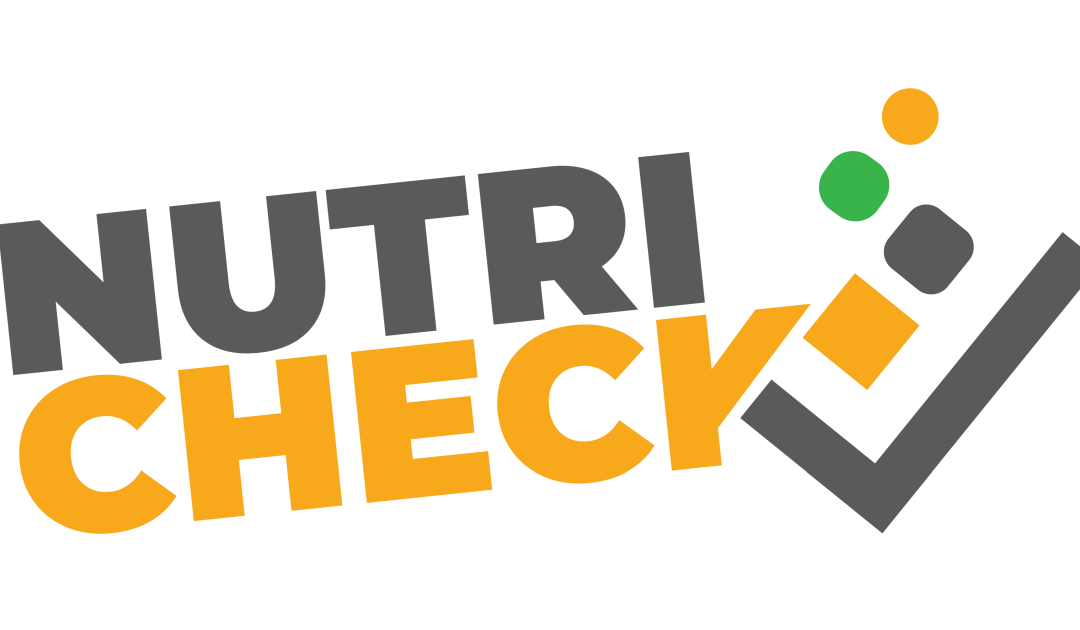Truth Behind The Myths About Vitamin C
We’ve all heard about Vitamin C, or ascorbic acid, and all the confusing notions about it. For instance, it is believed that Vitamin C can cure colds, and that citrus fruits are its main source. These are just some of the many assumptions about this nutrient.
Ascorbic acid is vital for many biochemical processes in the body. It aids the normal growth and development of the body, and the synthesis of carnitine, catecholamines, and collagen. It also strengthens the immune system and regulates iron absorption.
Do not be deceived by confusing notions anymore. Equip yourself with proper knowledge and discover the truth behind the misconceptions associated to Vitamin C:
Myth: Vitamin C can cure colds.
Truth: Although Vitamin C boosts the immune system, there has been no evidence showing that Vitamin C can cure common cold.
Myth: Citrus fruits are the main source of Vitamin C.
Truth: It is a good source, but some vegetables such as bell peppers and green peas have greater amount of Vitamin C.
Myth: There’s no such thing as too little or too much of Vitamin C.
Truth: Deficiency and toxicity are uncommon, yet still probable. Because the body does not produce Vitamin C, it is imperative to meet our required daily intake of this nutrient.
Fatigue, gingivitis, and impaired wound healing are initial signs of deficiency. In severe cases, symptoms such as swollen joints and petechiae have been detected. Meanwhile, toxicity can cause kidney stones, dental enamel, and birth problems in pregnant.
To combat deficiency and toxicity, the Food and Nutrition Research Institute (FNRI) requires daily Vitamin C intake of 70-1000 mg for adult men and 60-1000 mg for adult women. FNRI also suggests sources rich in Vitamin C like strawberries, tomatoes, oranges, and spinach. It is important to note that Vitamin C is susceptible to heat. To preserve Vitamin C content, it is recommended that food sources are cooked in low heat.
Discover more information about Vitamin C below:
Consult a health professional about nutrient evaluation to determine if you are Vitamin C deficient. An accurate diagnosis of your ascorbic acid level can guide your doctor recommend a personalized dietary and supplementation plan that will help maintain a healthy amount of Vitamin C.
#NutriCheckPH





